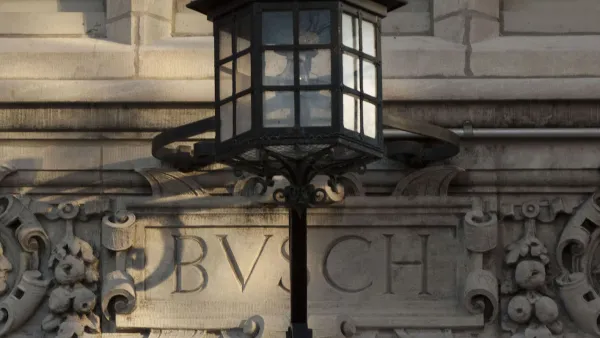
When Hillel Kieval began researching early 20th-century ritual murder trials of Central European Jews, he asked himself how it was possible for people to believe in – much less act on – medieval superstition in an age of rapid scientific discovery. He quickly discovered that he was asking the wrong question.
As Kieval, the Gloria M. Goldstein Professor of Jewish History and Thought, dug deeper, he found that the trials were in fact fueled by scientific discourse.
“These trials moved forward not despite modern, scientific structures but through them,” Kieval said. “At the same time, scientific methods, and the critical voices of practitioners eventually – over the course of about three decades – undermined these prosecutions and rendered them increasingly untenable.”
In Blood Inscriptions: Science, Modernity, and Ritual Murder at Europe’s Fin de Siècle (UPenn Press), Kieval tells the story of five trials that invoked the medieval concept of blood libel to put Jewish men on trial for murders that they did not commit.
Blood libel was a popular belief that arose in the 12th and 13th centuries and held that Jews acted compulsively to reenact the crucifixion by kidnapping and murdering a Christian boy.
“This ‘ritual murder accusation’ soon merged with another image,” Kieval explained, “in which Jews committed these acts in order to make use of the blood of their victim for purposes of Jewish ritual. The most common version held that Christian blood was an ingredient used in the production of Passover matzah.”
“These trials moved forward not despite modern, scientific structures but through them.”
In some of these trials, the state prosecutors would ultimately lose faith in the state's position against the accused men and argue against their own murder charges in their summations, urging the jury to acquit the defendant. In an infamous 1899 trial, however, Leopold Hilsner was convicted of aggravated murder and sentenced to death twice. Numerous appeals were unsuccessful in overturning the verdict before Vienna’s high court – in response to several appeals including one from Czechoslovakia’s future president, Tomáš Masaryk – overturned the conviction and ordered a new trial, which would find Hilsner once again convicted. His death sentence was eventually commuted to life in prison, and he was later pardoned.

Kieval initially intended to write a book just about Hilsner’s ordeal, but would instead spend 20 years researching five trials in Central Europe that took place from 1882 to 1914. He collected sources from libraries and archives across Europe written in five languages. Throughout his research, he was struck by the rigor with which everyone involved in the legal process adhered to scientific ideas, even as they used those ideals to uphold medieval beliefs about Jewish communities.
“Virtually all parties involved in these cases – accusers, prosecutors, judges, expert witnesses, politicians, newspaper editors – accepted the prestige and authority of science and of scientists,” Kieval explained. “In these cases, all testimony, all interventions, needed to conform to the rhetorical discipline of modern scientific assumptions and procedures."
Kieval hopes that readers will find a good story in Blood Inscriptions as well as an opportunity to look critically at the cultural practices that underpin our own society. He sees a complicated reflection of this juxtaposition of scientific belief and irrationality in recent political appeals to anti-science rhetoric. Unlike early 20th-century Europe, he notes, the United States seems to lack consensus regarding scientific methodology.
“Opposition to science in our country (and elsewhere) enjoys the status of a kind of political resistance to cultural and social elites,” Kieval said. “Ironically, then, it is in the context of our own society – and not fin de siècle Prague – that one might well ask, ‘Why is an irrational posture so popular?’ The promoters of the ritual murder accusation at the turn of the century did not enjoy that luxury. One wonders how long it will take for our own society to recognize the folly of that position.”
Kieval is currently teaching a class on the history of blood libel trials at Charles University in Prague, one of the cities where these trials took place. More information about Blood Inscriptions can be found at the publisher’s website.



